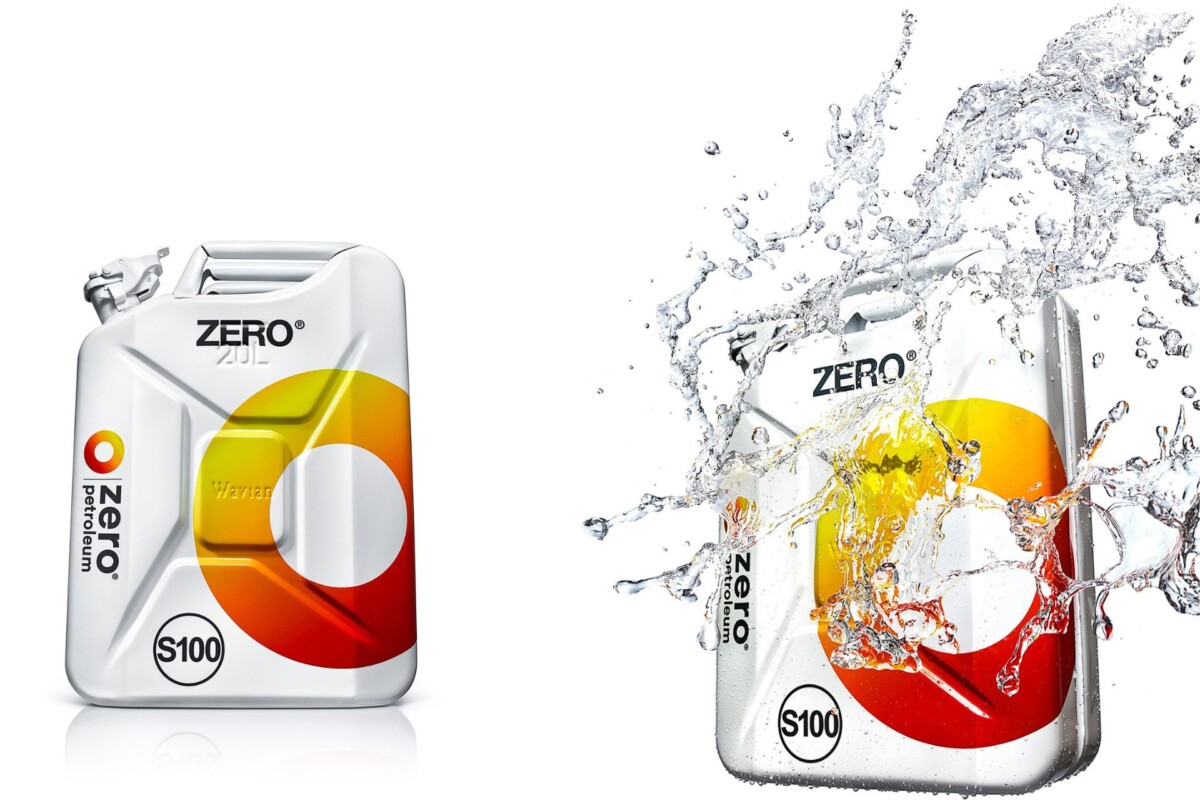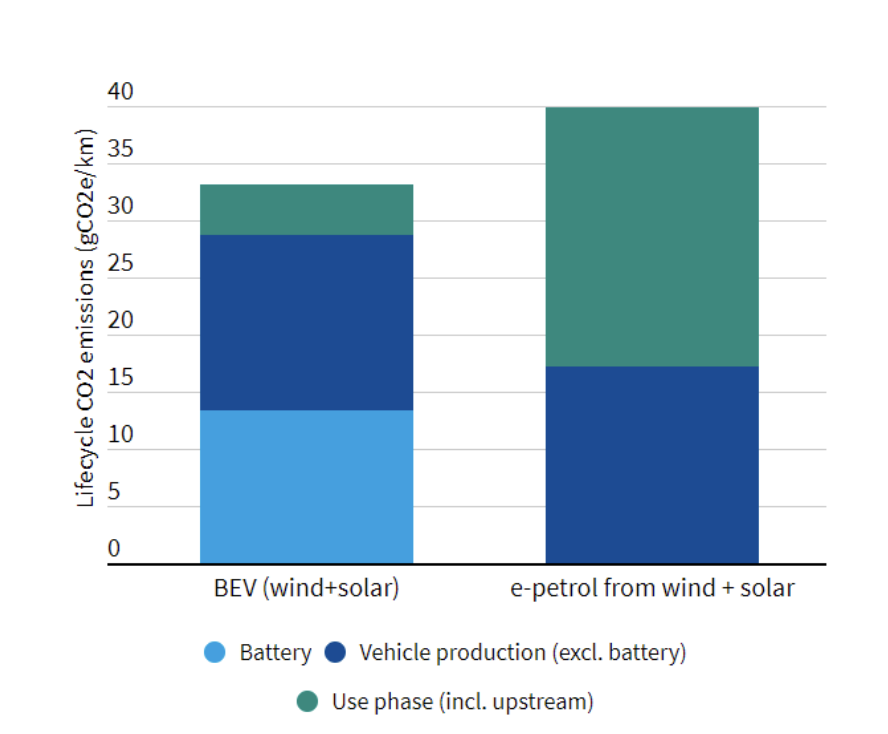The company Zero Petroleum has just launched the marketing of its synthetic fuel. And the least we can say is that the price is totally insane. An elitist tariff, which should not facilitate the development of this alternative announced as more ecological than unleaded and put forward by Porsche.
While thermal cars will be banned from sale from 2035 throughout the European Union, manufacturers are reacting differently to this deadline. While most are working to massively electrify their range, others are trying to find alternative solutions. This is particularly the case of Toyota, which does not believe in all-electricity and which notably offers its Mirai which runs on hydrogen. But the firm is not alone, while some still see internal combustion engines as a solution for the future.
An exorbitant price
This is particularly the case with Porsche, which has been working for several years in development of synthetic fuel, which does not use oil. This is then produced using water, electricity, through a chemical process of electrolysis. The water is then divided into oxygen and hydrogen, the whole being then transformed with CO2 (by capture in the atmosphere) to create a gas that will then be refined to become e-fuel.
A more virtuous solution on paper, provided you use green electricity. Indeed, the production of one liter of synthetic fuel requires no less than 20 kWh of energy. This corresponds to the consumption of an electric car traveling at 130 km/h over a distance of approximately 100 kilometres. Moreover, thehe production of this type of fuel is still expensivewhile industrialization is taking place gradually.

Result, the price of fuel is very high. Alongside Porsche, which has just started producing its own e-fuel in Chile, another company, Zero Petroleum, is also entering the market. The British firm founded in 2019 also produces its own synthetic fuel, in particular intended for aircraft and has just launched the marketing of it for individuals. And the least we can say is that it is not really within the reach of all budgets.
And for good reason, it takes no less than 50,000 pounds for a 20 liter container sold on the firm’s website, or the equivalent of 56,542 euros according to the current exchange rate. A totally crazy price, which corresponds to 2,825 euros per litre. Suffice to say that classic unleaded still has a bright future ahead of it. Nevertheless, Porsche hopes for its part to be able reach two euros per liter over the next few years, as the firm plans to produce up to 550 million liters of fuel by 2026.
Not so clean
But beware, this exorbitant price could above all be a great marketing operation, while only eight jerry cans will be on sale with a certificate of authenticity signed by the hand of Paddy Lowe, CEO of the company and engineer in Formula 1. Because it is also possible to buy a barrel of 20 liters limited to 1,000 copies at “only” 1,000 pounds , or about 1,131 euros, or the equivalent of 56 euros per litre. Expensive, but a bit more reasonable. Deliveries will then begin in 2025while the first version will arrive next year.
It will then be possible to pour this product into any petrol car, since the properties of this e-fuel are identical to those of a fuel with an octane number of 95. On the other hand, if the production of this alternative is cleaner on paper, this fuel does not reduce polluting gases at the exhaust. This is still the big black spot of this type of engine, while the European Union wants to reduce emissions from the automotive industry by 100% by 2035.

If e-fuel would be a promising solution to save thermal cars, this alternative is however not free from defects. Indeed, while the carbon footprint during manufacturing is reduced by 70% compared to petroleum fuels, it requires a large amount of electricity. Besides the fact that it must be of renewable origin for there to be a real ecological interest, the current situation of tensions on the network is not really conducive to the development of this industry.
Furthermore, the synthetic fuel must also be transported, which represents a significant financial and environmental cost. If the production site of Zero Petroleum’s e-fuel has not been communicated, Porsche manufactures its own in Chile and plans to open factories in Australia and the United States. If the multiplication of infrastructures will make it possible to reduce prices, this technology is not necessarily as virtuous as it suggestsand it is not necessarily cleaner than the electric car.
To follow us, we invite you to download our Android and iOS application. You can read our articles, files, and watch our latest YouTube videos.


